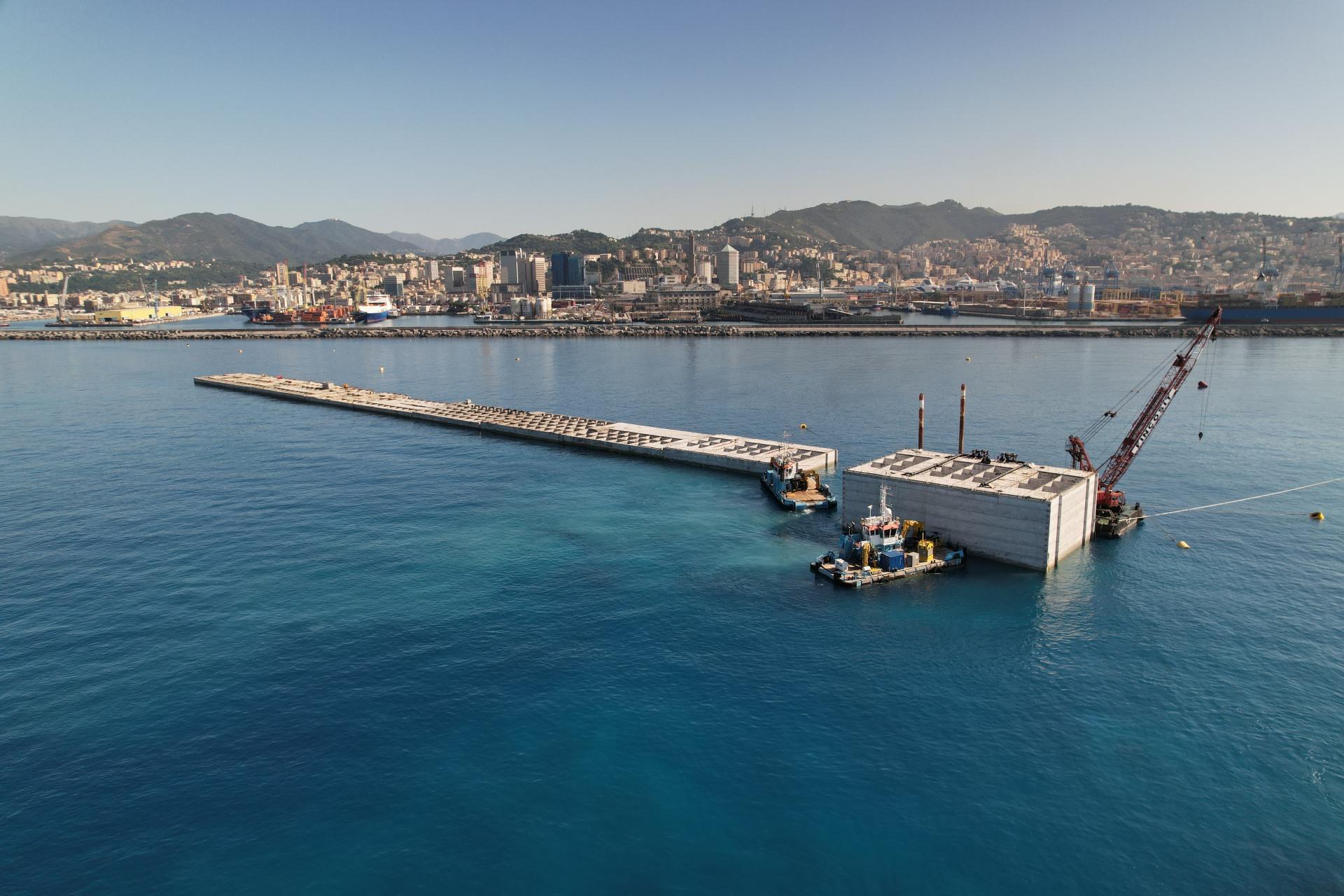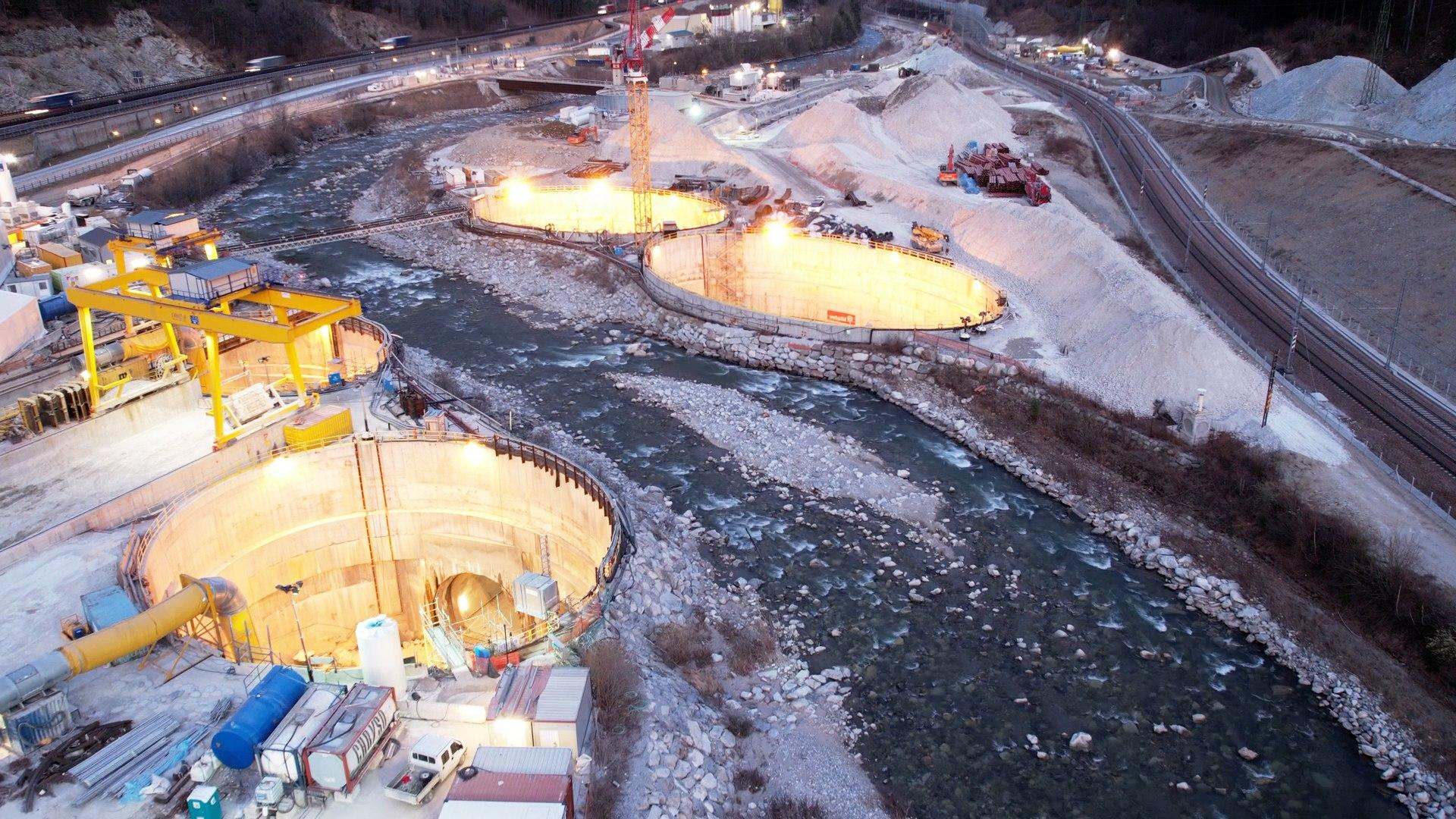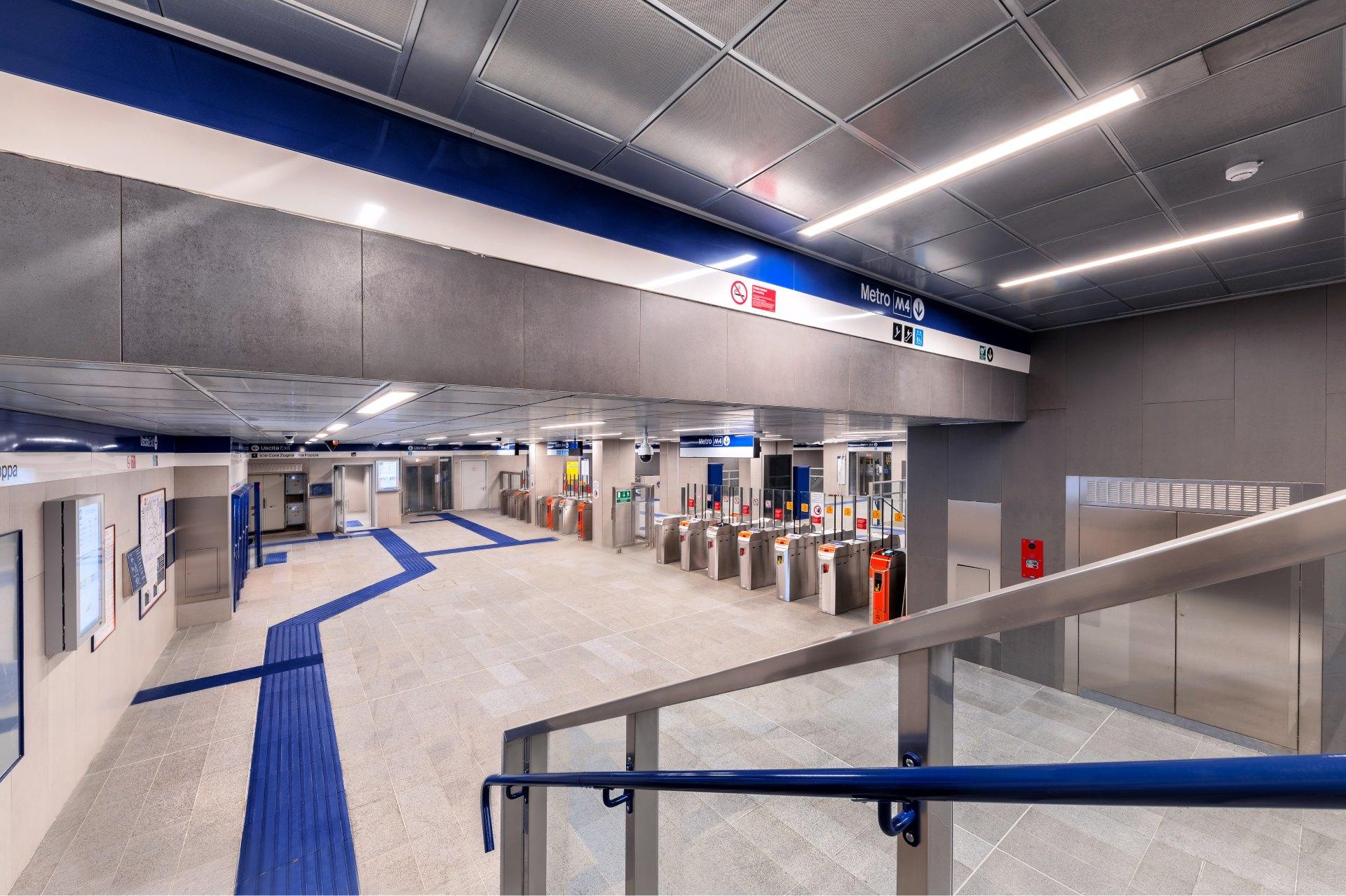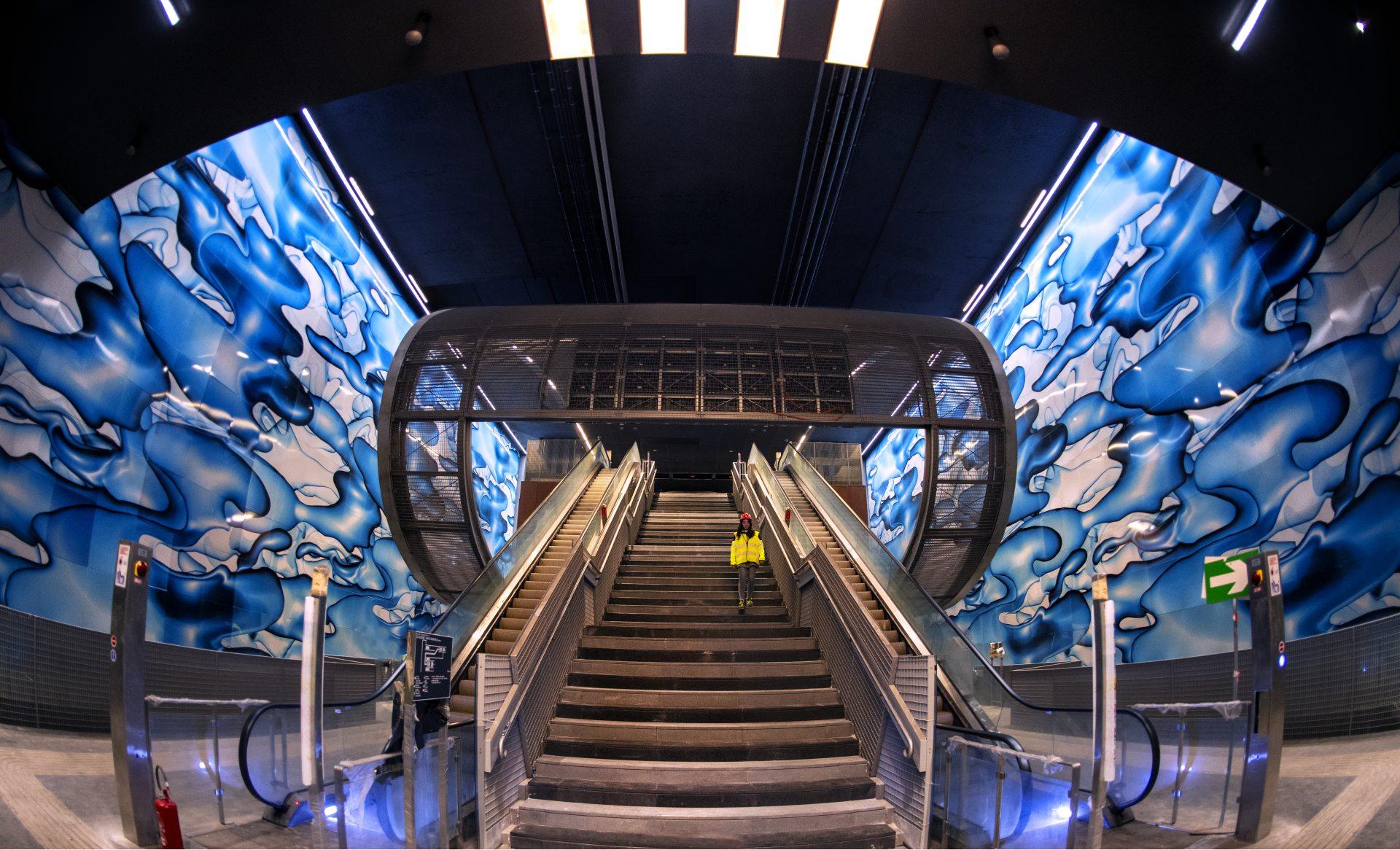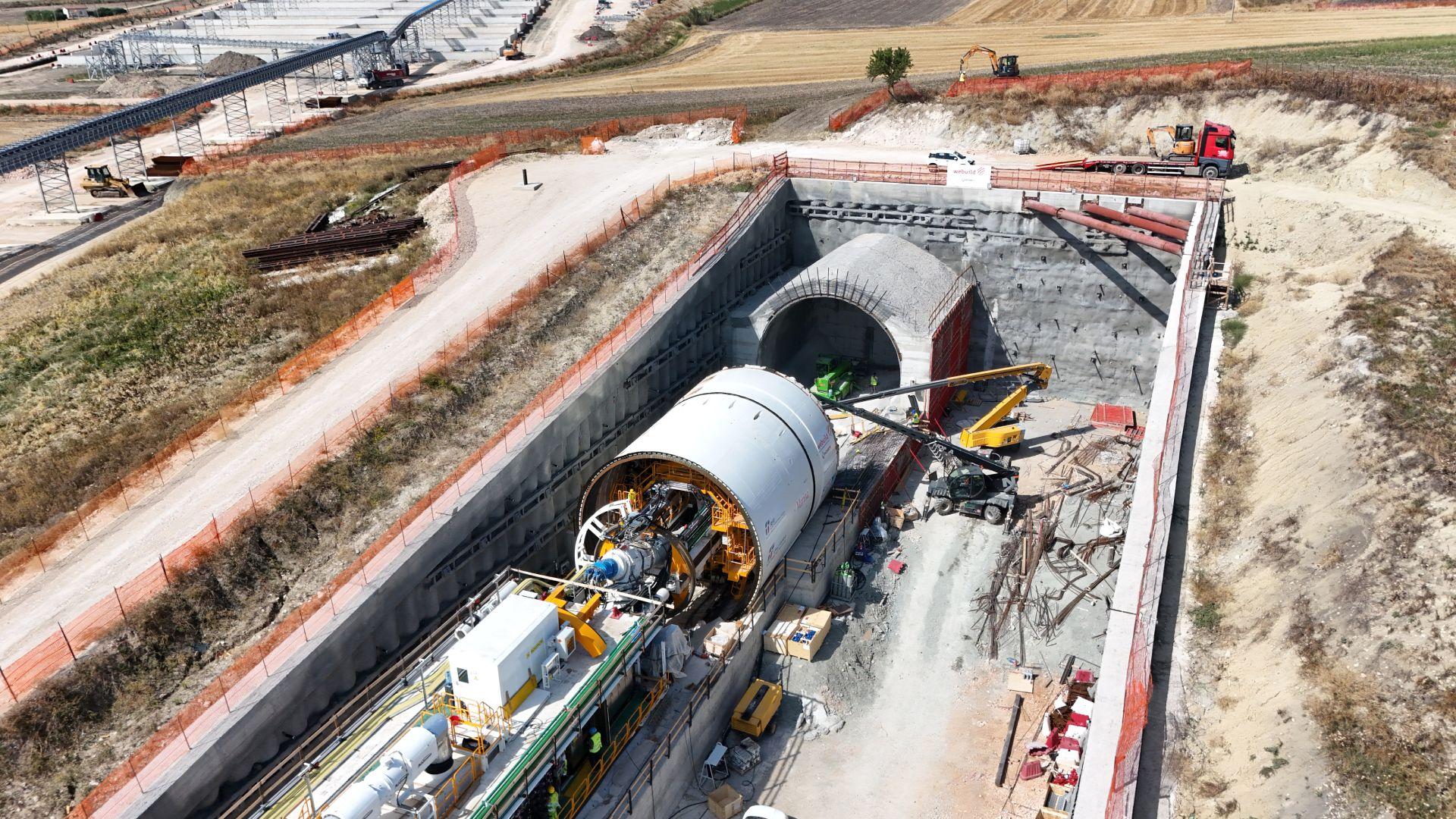Sustainable mobility and transport

A crucial sector for global sustainability
Transport infrastructure is an extraordinary means by which people can access what counts most for them: work, education, healthcare, loved ones, relaxation, markets and a whole series of services which contribute to their wellbeing.
The transport sector is, however, responsible for 2/3 of the global consumption of oil and continues to be the sector with the highest increase in greenhouse gas emissions.
Road accidents are the main causes of death in numerous areas of the world, with 1.25 million deaths a year, without taking into account permanent invalidity and other injuries, which represent significant costs for the health services.
By 2030, it is predicted that passenger traffic alone will rise by 50%. In the meantime, only 16% of global urban movement takes place on public transport.
Efficient transport infrastructure is therefore fundamental for connecting people and improving the circulation of goods. It can reduce the social and environmental impact of the sector and improve access to services, employment and business opportunities.
We contribute to advancing the SDGs with our sustainable mobility projects
The contribution of Webuild
We are one of the (metro systems) and suburban (high speed railways) mobility, but also for land (roads and motorways), sea (ports and navigable canals) and air (airports) transport infrastructure.
We have helped to extend high speed railways and underground lines, which enable millions of people to move safely and sustainably every day. Our metro lines projects under construction at the moment alone will guarantee sustainable mobility for roughly 4.1 million people every day, delivering a potential annual reduction in CO2 emissions of more than 1.5 million tons.
The high speed railway projects will shorten travel times by an average of 40%, providing around 34 million people with safe, rapid and low-carbon services that are one ninth of those produced by airplanes. The railway projects underway will avoid more than 6.5 million tonnes of CO2 emissions per year.
We have also completed unique engineering works, such as the new Panama Canal which, since 2016, has also enabled the Post-Panamax ships to cross America instead of sailing round the continent, with a reduction in CO2 emissions of approximately 16 million tons per year.
